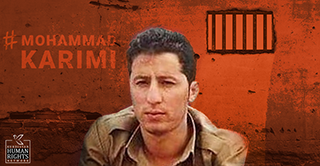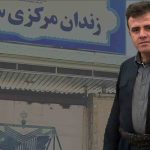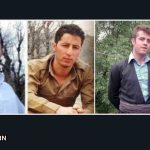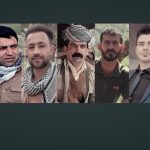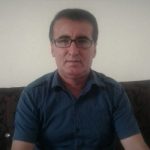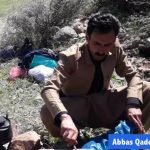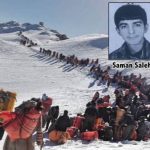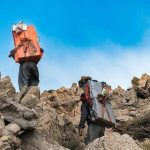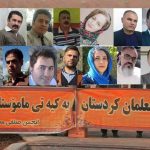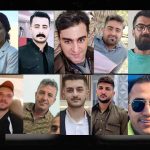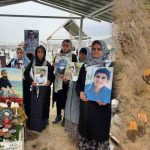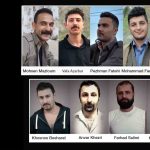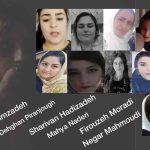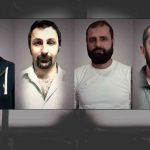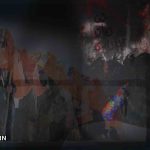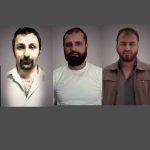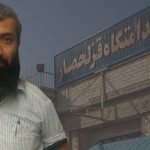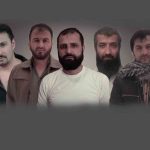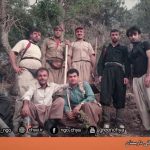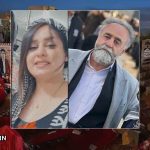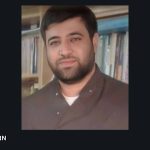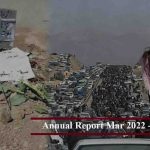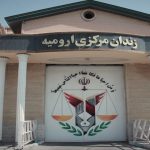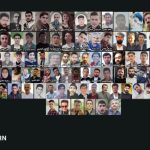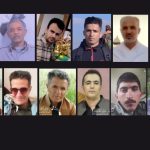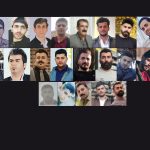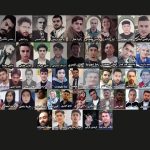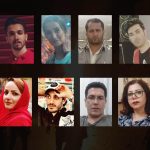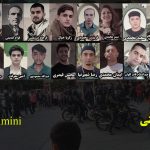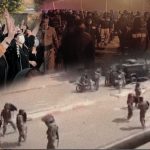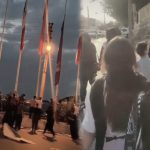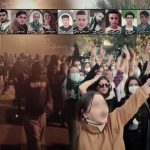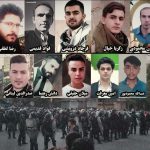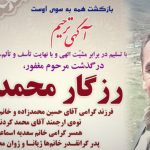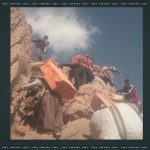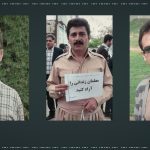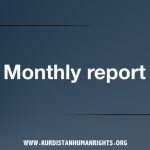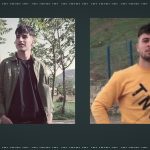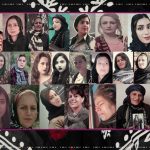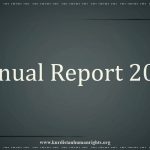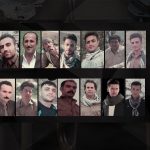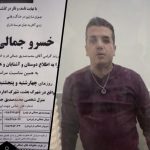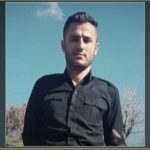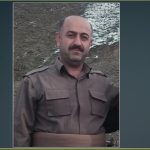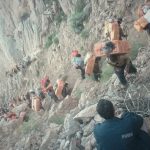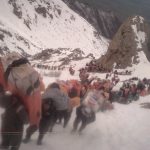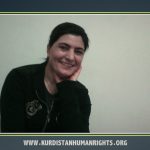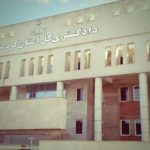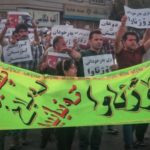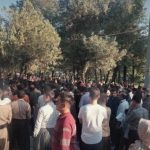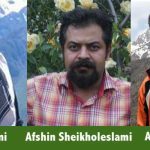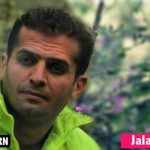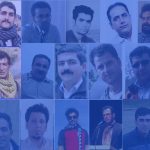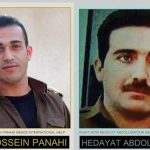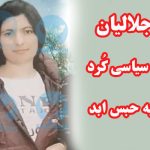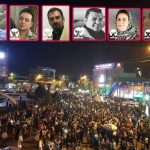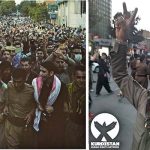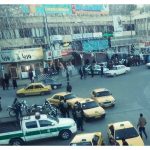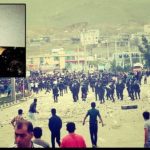Mohammad Karimi is a worker and a father of two children.
Arrest
Karimi was arrested by Ministry of Intelligence forces at his family home in Baneh, Kurdistan Province, on 25 April 2020 and transferred to the Ministry’s detention centre in Sanandaj, Kurdistan Province.
During his detention, he was subjected to physical and psychological torture to extract forced confessions and was deprived of the right to contact and visit his family for months.
Judicial Process
The final court session for Karimi and his three co-defendants, Yousef Ahmadi, Baset Karimi, and Mohammad Feyzi, was held on 27 August 2023 in Branch One of the Islamic Revolutionary Court of Sanandaj, presided over by Judge Ali Saeidi.
On 2 September, he was informed in prison of his 25-year imprisonment sentence on charges of “complicity in armed insurrection” through membership in the Democratic Party of Iranian Kurdistan (PDKI).
Current Status
Karimi is currently imprisoned in Sanandaj Central Prison.
Notes:
1. Article 287 of the Islamic Penal Code: “A group engaging in armed rebellion against the Islamic Republic of Iran is considered rebellious, and if they use weapons, their members are subject to the death penalty.”
2. The Democratic Party of Iranian Kurdistan (PDKI) was founded on 16 August 1945, with the aim of gaining autonomy for Iranian Kurdistan. According to the party’s charter, this political organisation, grounded in the “nationalist ideas and organizational structure of the Society for Kurdish Resurrection (KJK) and with a realistic and contemporary approach”, emerged as a modern entity in the political arena. KJK was the founder of the Republic of Kurdistan (22 January 1946 – 15 December 1946) in Mahabad. The republic lasted only 11 months, ending with an attack by the Iranian army, which executed its leaders, including Qazi Muhammad, the party leader and President of Kurdistan.
PDKI went through a period of armed struggle in the late 1960s, marked by internal party disputes, and ultimately, re-emerged as a political party on the eve of the 1979 revolution. Two of its leaders, Abdul Rahman Ghassemlou and Sadegh Sharafkandi, were assassinated by the Islamic Republic of Iran in Europe in 1989 and 1992, respectively. In 2006, due to heightened internal conflicts, the party split into two factions: the Democratic Party of Iranian Kurdistan and the Kurdistan Democratic Party (HDK). These two factions eventually announced their reunification on 22 August 2022, after 15 years of separation.
The party has declared its ultimate goal as “the establishment of a democratic-socialist society” and its strategic slogan as “securing the rights of the Kurdish people in Iranian Kurdistan within the framework of a federal democratic system in Iran”. The main headquarters of the PDKI is in Erbil, Kurdistan Region of Iraq.

